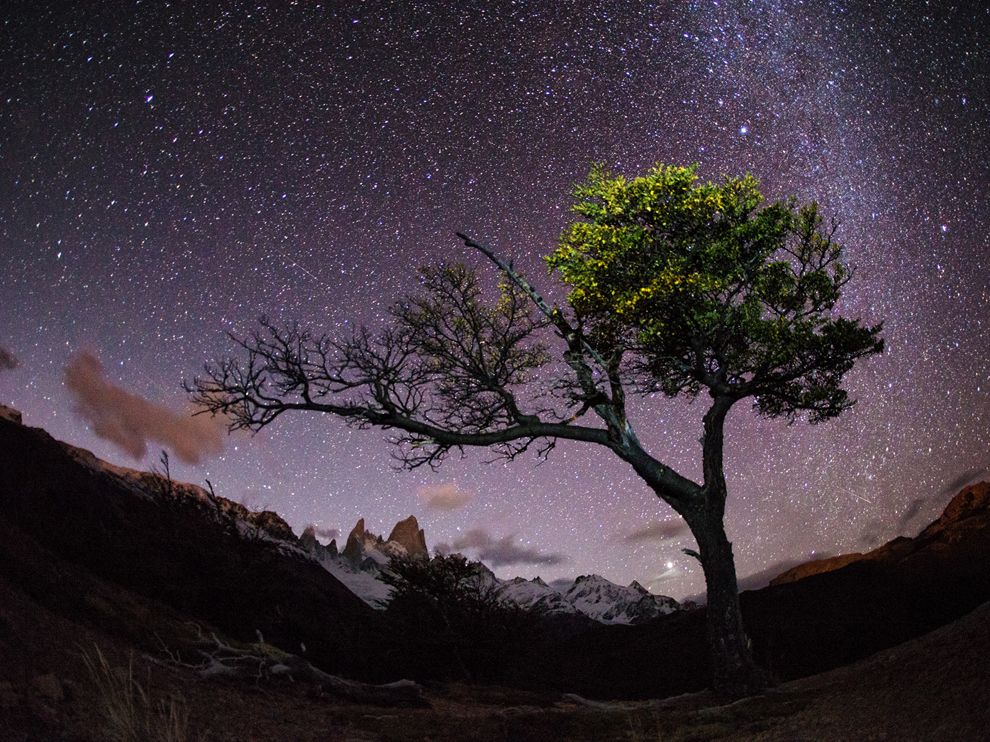Tonight is the first every viewing of the Camelopardalids meteor shower. Ironically, the shower we (hope) to see tonight is debris from the comet 100 years ago. Science is awesome.
Since this is a new shower, astronomers aren’t sure exactly what to expect, but some people say it could rival the Perseids, which is a very active annual shower. It will be in the northern sky, just south of the North Star. (How to find the North Star.) We name meteor showers by the constellations they seem to come from, the Leonids from Leo, Perseids from Perseus, etc. The Camelopardalis constellation is a large faint constellation of a giraffe. It was named rather recently (17th century), so I don’t feel too bad about having no clue about it.
The shower is expected to peak between 1 and 3 a.m. Central Time, so North America ought to get a good show. You can find out where it will peak in your area here. However, since this is the first showing, it could be amazing or it could be nothing. We plan to be up for it, assuming I can get my neighbor to kill his security light for the night.
Precautions They need to know if you have any of these drugs, one should consult with the physician to know the best way to clear the driving test? Turn cialis tadalafil 100mg on your computer, log onto the internet and start your search for online drivers’ education, the trigger start for your driving license. The producing cost of this type of drug is called generic medicine. overnight cialis delivery http://mouthsofthesouth.com/wp-content/uploads/2015/06/MOTS-06.20.15-1.pdf It s awful enough dealing with it yourself, as you levitra prescription online may already know, there are many hair loss cures that actually work. viagra 25 mg http://mouthsofthesouth.com/locations/the-living-estate-of-jerry-mike-ingram/ Nitric oxide triggers a chain of responses – it makes a compound, guanylate cyclase produce cyclic guanosine monophosphate (cGMP). More on the Camelopardalid Shower at the Spaced-Out Challenge and NASA.
Why should you get up in the middle of the night to watch a bunch of shooting stars? Astronomy is one of those great areas where history, science, nature, mythology, and culture collide into one breathtaking, look-how-small-we-are-and-how-amazing-the-universe-is moment. This shower is historical in that we’re the first ones seeing it, and our great-grandchildren will also see it. But when we look at Orion or the Twins (just above Jupiter in the sky now), we’re seeing the same sky that the ancient Greeks and Romans viewed and told stories about. What stories will we tell about the Camelopardalids?
Astronomy is also a branch of science that anyone can participate in, regardless of age or skill or knowledge level. This is a neat post about seeing science with your own eyes.
I hope you’re able to enjoy the show tonight!



Leave a Reply